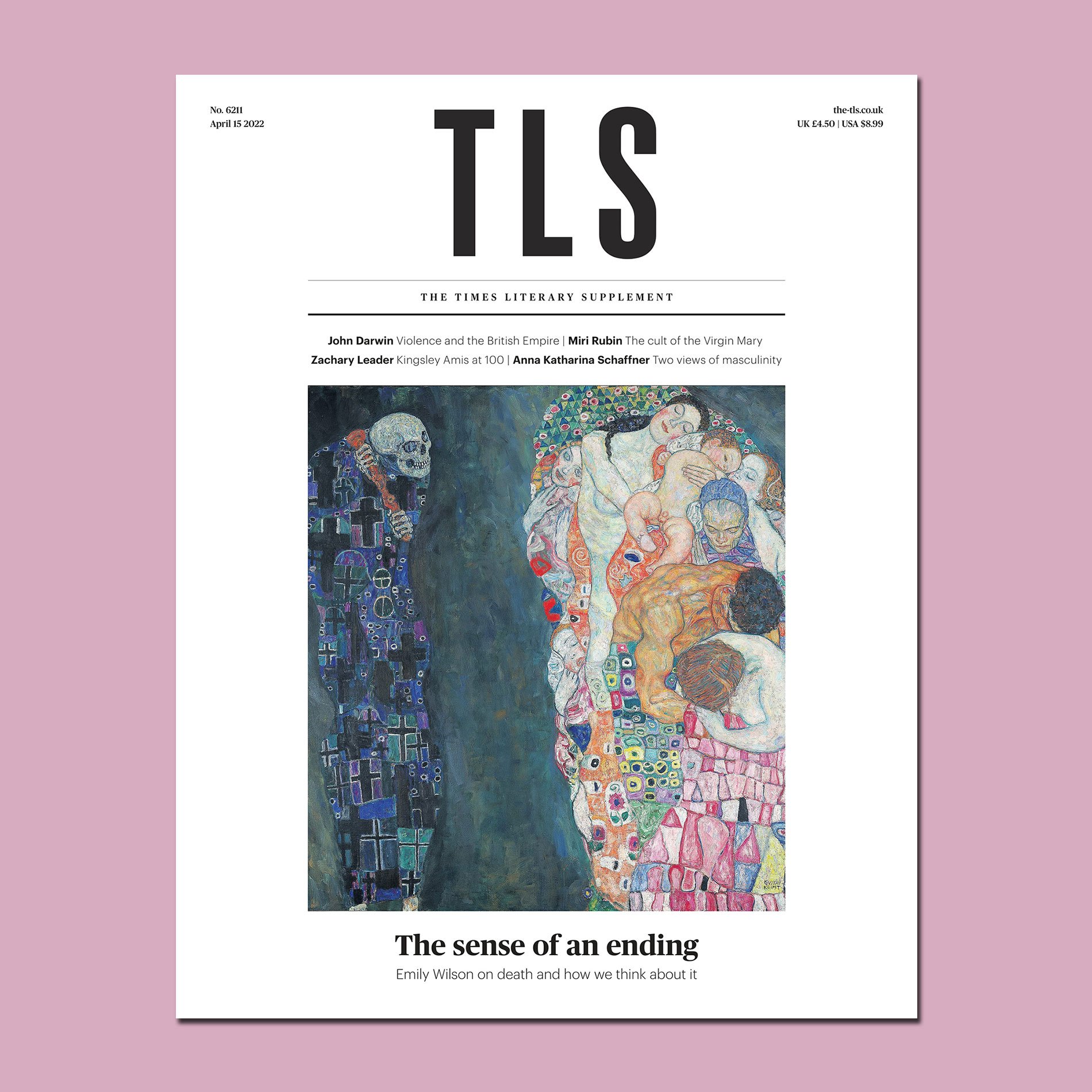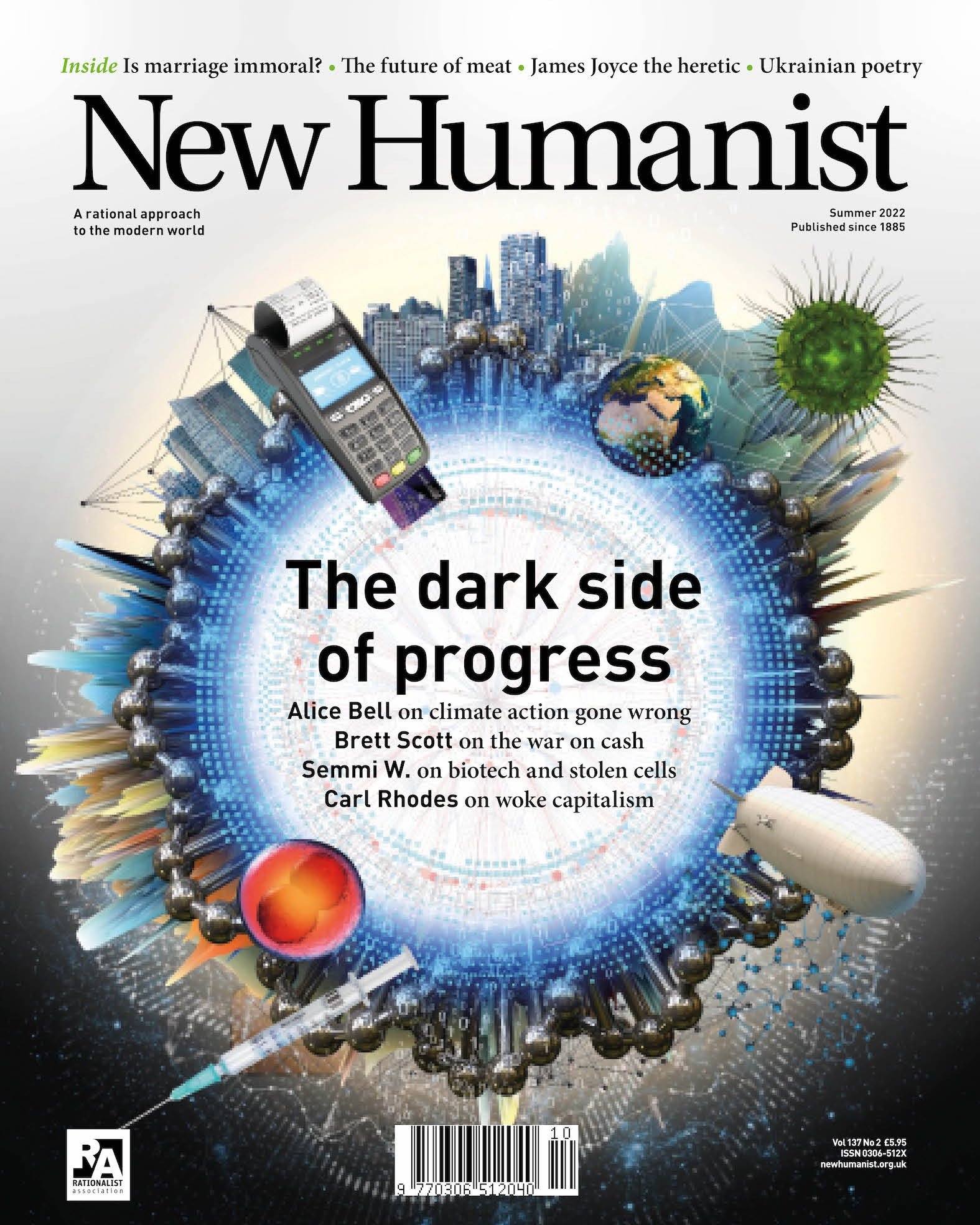UK hardback edition (out now)
UK paperback edition (out now)
US hardback edition (out now)
In this profoundly moving and remarkable book, journalist Hayley Campbell explores society's attitudes towards death, and the impact on those who work with it every day. 'If the reason we're outsourcing this burden is because it's too much for us,' she asks, 'how do they deal with it?' Would facing death directly make us fear it less?
Inspired by her own childhood fascination with the subject, she meets embalmers and a former death row executioner, mass fatality investigators and a bereavement midwife. She talks to gravediggers who have already dug their own graves and questions a man whose job it is to make crime scenes disappear. Through Campbell's incisive and candid interviews with people who see death every day, she asks: Does seeing death change you as a person? And are we all missing something vital by letting death remain hidden?
buy now
UK: Waterstones, FOYLES, hive, wordery, Amazon, audible.
AUSTRALIA/NZ: DYMOCKS, Angus & Robertson, AMAZON.
USA/CANADA: ORDER HERE.
In translation: Italian, portuguese, russian, korean, chinese, finnish, japanese, polish, thai, vietnamese
Signed copies available at Morbid Anatomy
“How should we live, when death is always with us? All the Living and the Dead is a book about death, and how to stop pretending about it. Hayley Campbell is working out a philosophy of death by getting close to it; holding it; asking interesting questions of people who spend their lives dealing with it. This is an essential, compassionate, honest examination of how we deal with death, and how it changes the living.” — Audrey Niffenegger, author of The Time Traveler’s Wife
“This book about death and about the people whose jobs and whose lives are dealing with death is moving, funny, and liable to unexpectedly cause me to tear up, reading it. It's about the head and the heart of death, about who we are, and is filled with images and moments that will remain in my head until the end. It manages the astonishing balancing act of conveying Hayley Campbell's own fascination with Death, the dead, and the people who deal with death in one or other of its manifestations, while also allowing us to feel what she feels for the living and the dead. A gentle book and, like death itself, sometimes an unexpectedly kind one.” — Neil Gaiman, author of American Gods
“It's not at all what i was expecting. It's an extraordinary journey, through scenes and characters so chilling they have their own crystalline beauty. The writing is finely felt and full of life, Campbell always finding a way to look through horror, to see humanity. So many of the images in it are heart-stopping, and by the end I was surprised to find myself sobbing. It's superb.” — Rhik Samadder, author of I Never Said I Loved You
“A compassionate and compelling book. Fascinating and devastating in equal measure. No mean feat to make a book about a subject we all try our hardest to avoid so difficult to put down.” — Charlie Gilmour, author of Featherhood
An Irish Times Book of the Year
PRESS/REVIEWS
Photo by Chieska Fortune Smith for The Telegraph
The Telegraph Magazine: interview by Jessamy Calkin
Why we're thinking about death in the wrong way: From pathology to disaster management, Hayley Campbell spent two years immersed in a field few people know about - here's what it taught her.
On average, 151,776 people die globally every day – that’s about 55.4 million a year. As the writer Hayley Campbell says, that’s like twice the population of Australia falling off the planet annually. Yet despite the fact that we are surrounded by it, death is something we don’t really address head on. There are books about terminal illness and books about grief. ‘But they involve living people,’ says Campbell, ‘and in the middle there’s dead people, and you kind of forget about them.’
Campbell, 35, wants to change the way we think about death; to remove the taboo that surrounds it. A journalist and broadcaster who has been focusing on dark things for the last 15 years, she set out to write a book that would concentrate on the people who have made death their life’s work. (Read more)
TLS: review by Dr Emily Wilson
“Campbell's fascinating study of the manifold workers who do lay hands on the dead is eye-opening... A book about corpses might seem like a downer. Worse, the subject risks creating melodrama or glib horror out of grief. But All the Living and the Dead is surprisingly cheerful, even life-affirming. This is partly thanks to Campbell's open-hearted, observant style of writing, which manages to be vivid without sensationalizing the horrors she records.” (Read more)
The Times: review by Helen Rumbelow
“The book's tour de force is the chapter on the technicians who prepare bodies for autopsy at St Thomas's Hospital in London. It is a superlative piece of writing, one of the best essays I have read in a long time: provocative, loving and profound.” (Read more)
Financial Times: review by Mia Levitin
“Campbell weaves judicious reflections on the philosophy and history of the death industry into the reportage... Never macabre... poignant... Transformative.” (Read more)
Publishers Weekly (review):
“A gripping look at professionals who deal with the end of life and their efforts to give people “dignity in death.”…Campbell is a sharp and witty observer who successfully conveys her own fascination with the subject. This is a vivid and open-minded look at a taboo topic.” (Read more)
New Humanist: review by Ralph Jones
“Her similes – describing, for example, a complex tumour as wrapping its way down a person’s spine ‘like the red stripe on a barber’s pole’ – beg to be underlined… All the Living and the Dead triumphs in its mission statement: the reflections from the death workers are very unromantic indeed. Campbell draws conclusions, but these are not clichés.” (Read more)
INDEPENDENT VOICES
“There is no good time to talk about death. Nobody wants to hear about death on a nice day, because it would spoil the mood, and nobody wants to talk about death when it is upon us because it’s too close, too insensitive, tonally off.
We wouldn’t want to bring the mood down any lower than it is. Let’s be upbeat. Let’s talk about it later. Let’s think about talking about it one day when death is no longer here. But there has never been a point in history when death wasn’t everywhere. Where living things are, death follows. And sometimes – when we have the privilege – where death goes, so does denial.
When the pandemic began I was in the middle of writing a book about how not only do we not talk about death – despite the fact that we have filled our pop culture with it – but that we have created a whole industry of people who serve as a barrier between us and death in a physical sense. A body does not magically disappear, or transport itself to the grave. There are people who shepherd it from deathbed to cemetery plot, who care for it where we do not go.”
Read more at The Independent.
"Campbell’s book is more than a written narrative, it is a map across uneven and untraveled land. It’s [Campbell's] raw, unguarded honesty that takes her book beyond many others of similar subject. At times humorous and always informative, humanity sets All the Living and the Dead apart." ― The Wall Street Journal
"Campbell describes the mechanics of these jobs in comprehensive detail and with a measured levity that keeps the dour stench of death from overwhelming the pages . . . Her thesis holds true as rising death tolls fade into normalcy and the living forge on with a new numbness: 'Death is everywhere, but it’s veiled, or it’s fiction.'" ―The New York Times
“Readers who share Campbell's healthy obsession will appreciate both her meticulous reporting and her marked compassion.” — Booklist (starred)
“A careful, moving investigation of existential matters told with a keen literary sense and memorable personal insights.” — Kirkus (starred)
“Campbell’s immersion in death is free of trauma . . . startling and affecting, candid, compassionate." ― London Review of Books
"We all need a bit of humour in our lives so it was with great pleasure that I read Hayley Campbell's All the Living and the Dead. She explored the usually silent world of the 'death worker' — the embalmer, the funeral director, mortuary technician, gravedigger and even executioner. She reminded us all that in the deepest, darkest recesses of life and death, there needs to be humour — it makes us human." — Dame Sue Black
“Spent new year devouring this book. Essential reading if you’re a human person in possession of a life. A fascinating, searingly honest and unexpectedly tender look at those who take care of us in death. I badly needed to read this.” — Tuppence Middleton
"Hayley Campbell is one of the Death World's most important voices. Her compassion for the living and the dead stands out amongst the endless authors currently writing about death and dying. All the Living and the Dead is an extremely important book for anyone interested in what happens to a person after they die. I really think everyone should read it in order to appreciate the respect all the invisible workers tasked with handling the dead demonstrate everyday and which the text captures so well. Not only is Hayley Campbell a crucial voice for our times, I would also completely trust her with my parents after they die — which is saying something in my family." — Dr John Troyer, author of Technologies of the Human Corpse
“An intriguing, candid, and frequently poignant book that asks what the business of death can teach all of us in the midst of life. Readers will form a connection with Campbell's voice as intimate as her own relationship with mortality." — Lindsey Fitzharris, author of The Butchering Art
“This is a brave tour through the valley of the shadow. I am happy to welcome Hayley Campbell to the Death community.” — Catharine Arnold, author of Necropolis: London and its Dead
“A proof copy of this book unexpectedly landed in my lap, and I have spent all week chewing it over. A moving, yet never sensationalised account of our relationship with the dead.” — Adelle Stripe, author of Ten Thousand Apologies: Fat White Family And The Miracle Of Failure
Photo by Chieska Fortune Smith for The Telegraph














